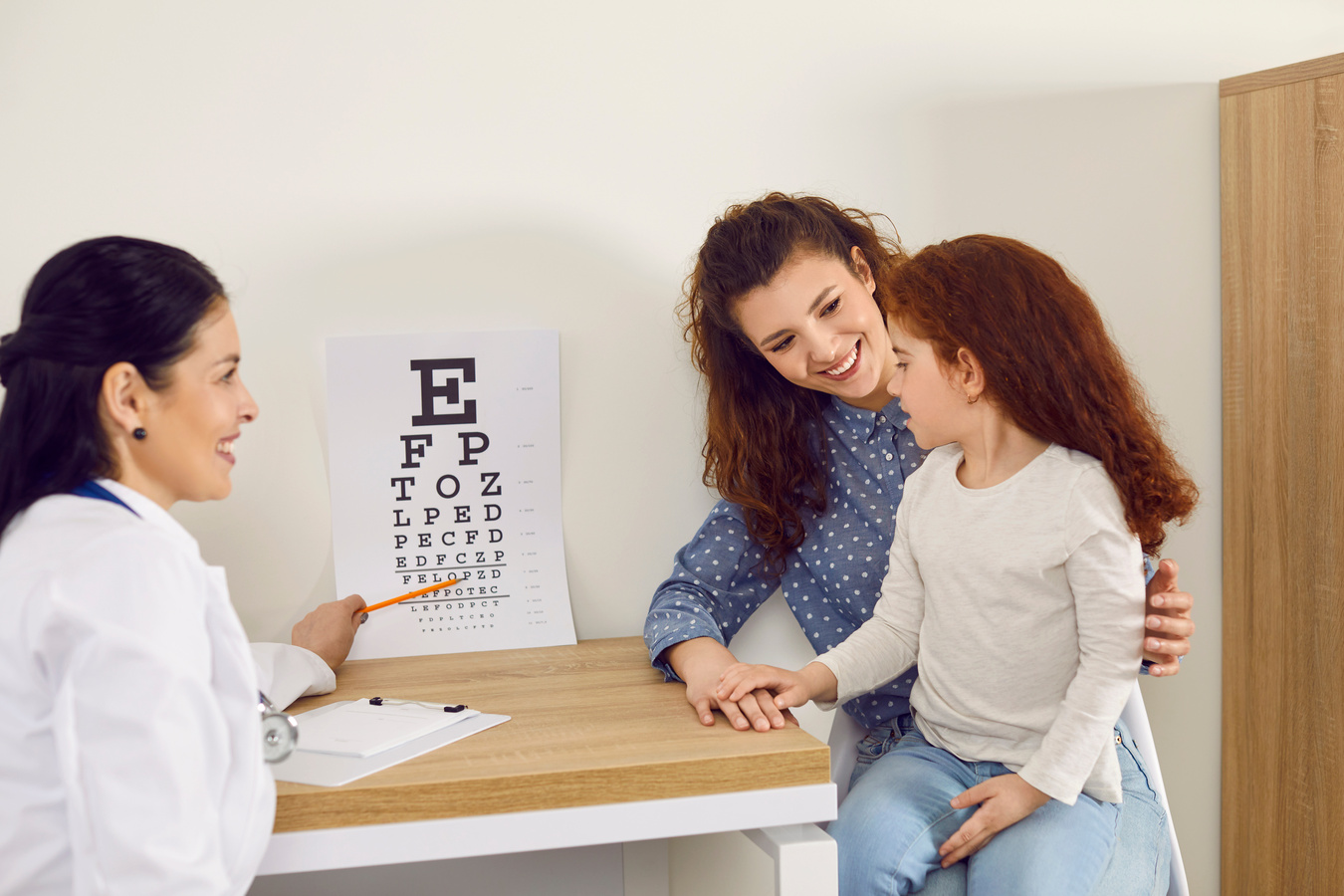
The Ultimate Guide to Healthy Eyes: Tips for Maintaining Optimal Eye Care
Our eyes are invaluable tools that grant us access to the world’s wonders. Yet, we often take them for granted until problems arise. Maintaining healthy eyes is not only about preserving your vision but also ensuring your overall well-being. This comprehensive guide will provide you with the essential tips and insights to help you maintain optimal eye care throughout your life.
The Importance of Healthy Eyes
Before we delve into the tips for maintaining optimal eye health care, let’s emphasize why healthy eyes are so crucial:
- Vision Clarity
Healthy eyes enable us to see clearly, which is essential for our daily activities, work, and enjoyment of life.
- Quality of Life
Good vision enhances our quality of life, allowing us to appreciate the beauty of the world, connect with others, and enjoy hobbies and interests.
- Eye-Brain Connection
The eyes are a direct link to the brain, and preserving eye health can have a positive impact on cognitive function as we age.
- Early Detection of Health Issues
A regular eye exam and visit test can reveal underlying health conditions like diabetes, high blood pressure, and certain cancers.
Now that we’ve established the importance of healthy eyes, let’s explore practical tips to maintain optimal eye care.
Tip 1: Schedule Regular Eye Exams
Regular eye exams are the cornerstone of maintaining eye health. They can detect vision problems and eye diseases early, when they are most treatable. Here’s what you need to know about eye exams:
– Frequency: Adults should have a comprehensive eye exam every 1-2 years, and those with existing eye conditions or risk factors may need more frequent exams.
– Children: Children should have their eyes examined regularly to ensure proper development and detect any issues early on.
– Eye Pressure Test: For adults over 40, an eye pressure test is essential to check for glaucoma.
– Dilation: Dilation of the pupils allows the optometrist to examine the retina and optic nerve thoroughly.
Tip 2: Maintain a Healthy Diet
A balanced diet can significantly impact your eye health. Foods rich in vitamins and antioxidants can help protect your eyes from various conditions. Consider adding these nutrients to your diet:
– Vitamin A: Found in carrots, sweet potatoes, and spinach, it promotes good night vision.
– Vitamin C: Citrus fruits and strawberries contain this antioxidant that supports eye health.
– Vitamin E: Nuts, seeds, and leafy greens are excellent sources, known for reducing the risk of age-related eye conditions.
– Omega-3 Fatty Acids: Fish, flaxseeds, and walnuts are essential for maintaining the structure of eye cells.
Tip 3: Protect Your Eyes from UV Radiation
Prolonged exposure to ultraviolet (UV) radiation from the sun can harm your eyes and increase the risk of cataracts and macular degeneration. Follow these steps to protect your eyes from UV damage:
– Wear Sunglasses: Choose sunglasses that block 100% of UVA and UVB rays.
– Wear a Wide-Brimmed Hat: A hat provides extra protection from the sun’s rays.
– Avoid Midday Sun: The sun’s rays are strongest between 10 a.m. and 4 p.m., so limit outdoor activities during these hours.
Tip 4: Practice Good Digital Eye Health
Practicing good digital eye health is essential in today’s digital age, as many of us spend significant amounts of time in front of screens, whether it’s on computers, smartphones, tablets, or other electronic devices. Prolonged screen time can lead to digital eye strain, also known as computer vision syndrome. To protect your eyes and maintain good digital eye health, consider these tips:
- Adjust Screen Settings: Ensure that your screen’s brightness, contrast, and font size are adjusted to a comfortable level. Avoid glare by positioning your screen away from direct sunlight or overhead lighting.
- Maintain Proper Ergonomics: Position your computer monitor or screen at eye level and at a distance of about 20 to 24 inches from your eyes.
- Blink Frequently: Blinking helps moisten your eyes, reducing dryness and irritation.
- Use Blue Light Filters: Many devices and operating systems offer blue light filters or night mode settings. These reduce the amount of blue light emitted from screens, which can help alleviate eye strain and improve sleep quality.
- Stay Hydrated: Drink plenty of water to maintain overall hydration, which can help keep your eyes moist and reduce dryness.
- Regular Eye Exams: Schedule regular eye exams with an optometrist or an eye doctor to monitor your eye health and address any vision problems promptly.
- Limit Screen Time: Whenever possible, limit the amount of time you spend on digital devices.
Remember that digital eye health is a crucial aspect of overall well-being in our technology-driven world. By adopting these practices and being mindful of your screen time, you can help protect your eyes and reduce the risk of digital eye
Tip 5: Stay Hydrated and Avoid Smoking
Drinking enough water helps maintain the moisture levels in your eyes, preventing dryness and discomfort. Additionally, smoking is a significant risk factor for various eye conditions, including macular degeneration and cataracts. Quitting smoking can improve your eye health and overall well-being.
Tip 6: Manage Chronic Health Conditions
Chronic health conditions like diabetes and high blood pressure can affect your eye health. Managing these conditions through medication, lifestyle changes, and regular medical check-ups is crucial in preserving your vision.
Tip 7: Protect Your Eyes from Injury
Wearing protective eyewear while participating in sports or engaging in activities with the potential for eye injury can prevent accidents and long-term damage.
Tip 8: Get Adequate Sleep
Quality sleep is essential for overall health and eye function. Aim for 7-8 hours of sleep each night to reduce eye strain and keep your eyes feeling refreshed.
Conclusion
Your eyes are precious, and taking steps to maintain their health should be a top priority. Incorporating these tips into your daily life can go a long way in ensuring optimal eye care under the guidance of experts such as The Health Eye Group.
Remember, regular retinal exams, a balanced diet, UV protection, and good digital eye health practices are all vital components of preserving your vision and enjoying a lifetime of healthy eyes. Don’t wait until a problem arises; start taking care of your eyes today for a brighter and clearer tomorrow.


